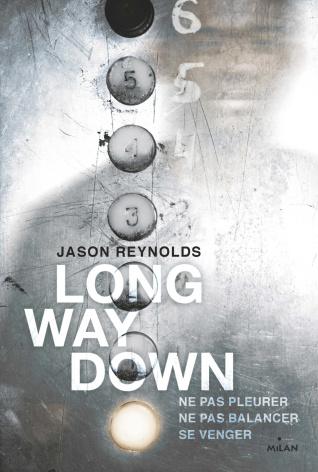


Khorram’s debut novel is filled with insight into the lives of teens, weaving together the reality of living with mental illness while also dealing with identity and immigration politics.

For the first time in a long time, Darius learns to love himself no matter what external forces attempt to squash his confidence. Sohrab teaches Darius what friendship is really about: loyalty, honesty, and someone who has your back in a football (soccer) match. But all that changes when Darius meets Sohrab, a Bahá’í boy, in Yazd. When he arrives in Iran, learning to play the Persian card game Rook, socializing, and celebrating Nowruz with a family he had never properly met before is all overwhelming and leaves Darius wondering if he’ll ever truly belong anywhere. He’s mocked for his name and nerdy interests at Chapel Hill High School in Portland, Oregon, and doesn’t speak enough Farsi to communicate with his Iranian relatives either. Iranian on his mother’s side and white American on his father’s side, Darius never quite fits in. When Darius’ grandfather becomes terminally ill, Darius, along with his parents and younger sister, travels to Iran for the first time in his life. This astonishing book will generate much needed discussion.ĭarius Kellner suffers from depression, bullying by high school jocks, and a father who seems to always be disappointed in him. Throughout, readers get a vivid picture of Will and the people in his life, all trying to cope with the circumstances of their environment while expressing the love, uncertainty, and hope that all humans share. Reynolds masterfully weaves in textured glimpses of the supporting characters. There is considerable symbolism, including the 15 bullets in the gun and the way the elevator rules parallel street rules. The structure of the novel heightens the tension, as each stop of the elevator brings a new challenge until the narrative arrives at its taut, ambiguous ending. Told in free-verse poems, this is a raw, powerful, and emotional depiction of urban violence. As each “ghost” speaks, Will realizes how much of his own story has been unknown to him and how intricately woven they are. They also force Will to face the questions he has about his plan. As he travels down on the elevator, the door opens on certain floors, and Will is confronted with a different figure from his past, each a victim of gun violence, each important in his life. Though the African-American teen has never held one, Will leaves his apartment with his brother’s gun tucked in his waistband. After 15-year-old Will sees his older brother, Shawn, gunned down on the streets, he sets out to do the expected: the rules dictate no crying, no snitching, and revenge.


 0 kommentar(er)
0 kommentar(er)
